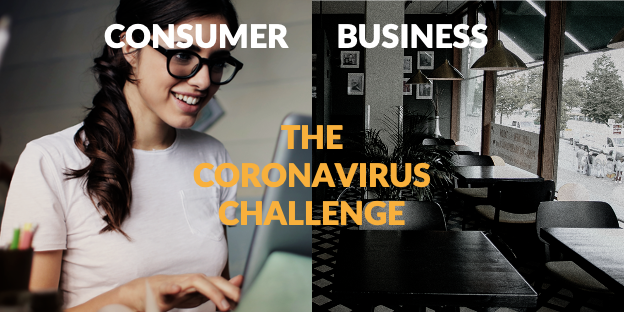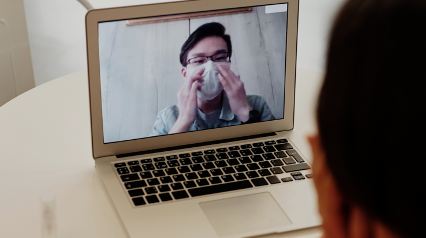Looking ahead is scary but research can help
There are a lot of research tracker studies going on at the moment, for sentiment analysis and consumer behaviour, looking at how we are reacting to the lockdown and other changes wrought by the coronavirus crisis.
But where are they all taking us? And what role can research play in finding the path ahead as we continue to navigate our way through the coronavirus crisis?
It might be time to start asking some bigger questions. No one has all the answers, but we have a chance to shape our future too, not just be passive observers of the changes this virus is causing. Discussion and research are powerful tools to be harnessed now.
People are talking about working from home becoming mainstream even once we are free to return to our bricks and mortar offices. Probably a reasonable assumption. A lot of people have realised how easy it is to communicate effectively online; face to face meeting volumes are very likely to stay subdued in the long-term. More negatively, lots of offices and other businesses may never re-open at all (or not in the same format) despite the Government’s best efforts.
What will the wider implications of that be? And not just working from home, social distancing in the broader, non-work category is also going to have huge consequences for all of us, affecting how we socialise, how we spend our leisure time, how we access products and services and even where we choose to locate ourselves. How will people of different ages and at different life stages change their behaviours? How will personality affect decision-making around levels of social contact? Segmentation and cluster studies will be essential to dig down into these issues and more.
Futurists have long predicted the changing character of our towns and cities and the massively reduced need for dense housing close to those urban centres to house the workforce due to technological change and radical changes in employment. As many people shift away from geographically specific jobs, coronavirus will be a catalyst for accelerating this change. People will not need (and may not want) to cluster around urban centres. When you can choose where you want to live, based on lifestyle choices rather than job locations, what will that look like? How will it affect housing planning and government planning more generally. Shops, bars and restaurants, transport infrastructure, leisure centres, schools, healthcare providers will all be affected.
Of course, humans are social animals. People will still want to live in groups, whether that’s families, couples, friends or bigger communities. These connections will likely increase in importance as social ties with work become less physical. Populations may become more widely dispersed as bricks and mortar retail continues to decline and food shopping goes online for the majority. Technological change will alter the way we purchase and even produce goods. One day, not too far away, you will be able to 3D print yourself a new wine glass (you can tell I’m writing this on a Friday…) from instructions you access direct from the designer or choose from some kind of virtual design directory. You won’t need to visit a shop and we won’t need manufacturing capacity in the same way we do now.
Leisure travel and eating/drinking out may become more special occasion activities. Clusters of town centre bars and restaurants may spread out; remote destinations and UK remote destinations will grow in popularity. House parties and at home socialising will increase.
Schools and healthcare are likely to remain sectors where face to face interaction is important if not essential. How and where will they be located if there are no longer the same urban centres based on proximity to jobs? Suburban style living (but without the work commute or nearby CBD) in smaller-sized communities may be one model.
Change was already happening rapidly before coronavirus struck. Change now is likely to be quicker and more radical, even whilst we are still stuck at home waiting for the green light. Get ready for it by striving for flexibility and keeping an open mind.
If you'd like to share your thoughts on all the future-gazing going on, just drop me a line at gina.mayhead@yomdel.com
You can see what Yomdel is doing to help here.







